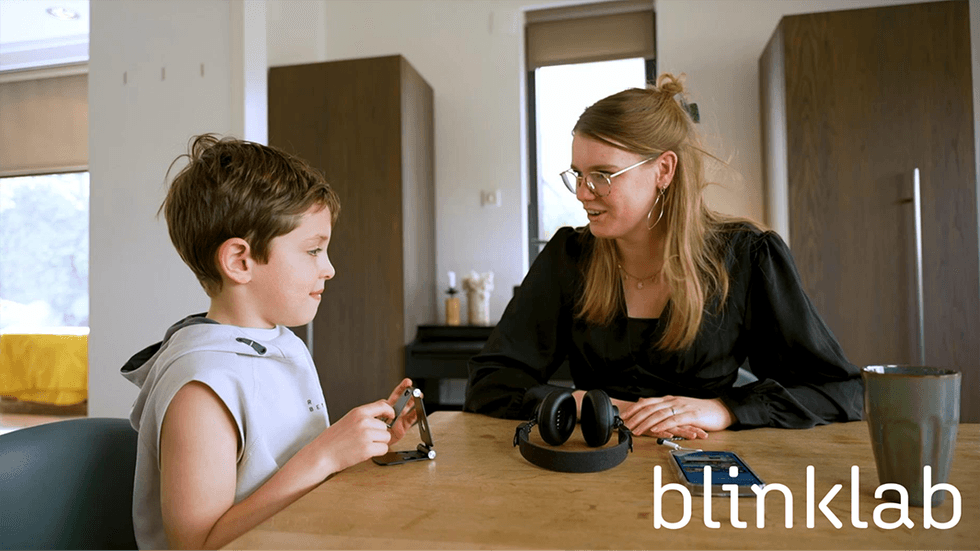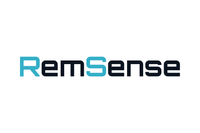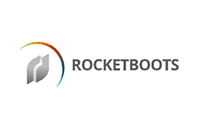Investor Insight
BlinkLab’s transformative AI-based healthcare technology is at the forefront of innovations in the global medical field that are quickly gaining traction among keen investors.
Overview
BlinkLab (ASX:BB1) offers a smartphone-based diagnostic platform that leverages computer vision, artificial intelligence (AI) and machine learning (ML). A company started by neuroscientists at Princeton University, Blinklab has developed its novel technology over several years, providing an app-enabled, smartphone-based diagnostic tool for evaluating children with neurodevelopmental conditions such as autism and ADHD.
The app turns a smartphone into a diagnostic tool that helps to conduct remote and rapid tests that can assist in diagnosing neurodevelopmental conditions. BlinkLab’s smartphone app provides a screening tool that can help with diagnoses much earlier than the age that children are typically assessed at present (approximately 5-6 years old). It is also a remote (i.e., accessible) and inexpensive means of beginning the assessment process, which can typically be very costly and take up to multiple years currently.

BlinkLab’s smartphone app facilitates early diagnosis, reduces costs, and improves accuracy.
BlinkLab’s smartphone-based technology, which uses AI and machine learning (ML), makes it attractive to investors. Like other industries, AI is becoming very popular in the healthcare sector. According to Statista, the AI healthcare market is expected to proliferate from $11 billion in 2021 to $187 billion in 2030. The increasing use of AI is driven by advanced ML algorithms, access to data, and use of 5G technology. AI and ML technologies can evaluate and analyze enormous volumes of data faster than humans.
Artificial intelligence, and particularly machine learning, has the potential to serve as the great equaliser for many behavioural healthcare concerns like autism. According to recent data, 97 percent of adults in the United States own a cellular device, and nine in ten own a smartphone. A 2022 Global State of Digital report by We Are Social shows 66.9 percent, or about 5.34 billion, of the world’s population are mobile users. As these percentages continue to rise and internet-powered devices become ubiquitous, access to digital health services can become democratised on a global scale. While autism spectrum disorder (ASD) services are currently restricted to relatively privileged populations, digital solutions powered by emerging data, science, and methodologies can make access to autism therapy more accessible.
Get access to more exclusive Artificial Intelligence Investing Stock profiles here

